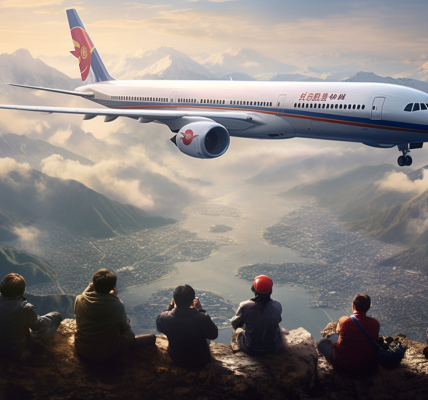The aviation industry is facing a significant pilot shortage, prompting airlines to explore innovative solutions to attract and train new talent. One promising approach is airline-sponsored pilot training programs, which aim to alleviate the financial burden on aspiring pilots while ensuring a steady pipeline of qualified professionals.
Several major airlines, including United, Delta, and American, have established partnerships with flight schools to offer comprehensive training programs. These initiatives often include tuition reimbursement, low-interest loans, and scholarships, making pilot training more accessible. For instance, United Airlines has launched its own Aviate Academy, providing a direct pathway for students to transition from training to the cockpit.
These programs are designed to address the high costs associated with pilot training, which can exceed $100,000. By covering these expenses, airlines not only attract a diverse pool of candidates but also ensure that their training standards are met. This strategy is particularly crucial as the industry grapples with an aging workforce and the slow transition of military pilots to civilian roles.
Moreover, regional airlines like Mesa Air Group and SkyWest have adopted similar models, offering cadetship programs that guide students from initial training to employment. These programs typically include ground school, flight training, and simulator sessions, equipping cadets with the necessary skills to operate commercial aircraft.
The push for airline-sponsored training is also seen as a way to enhance diversity within the industry. Programs like JetBlue’s Gateways and United’s Aviate aim to attract underrepresented groups, including women and people of color, thereby broadening the talent pool.
In summary, airline-sponsored pilot training programs are emerging as a vital solution to the pilot shortage, offering financial support and structured career pathways for aspiring aviators. This approach not only benefits the airlines by ensuring a steady supply of trained pilots but also opens up opportunities for a more diverse and inclusive workforce.
The source of the article is from the blog toumai.es




